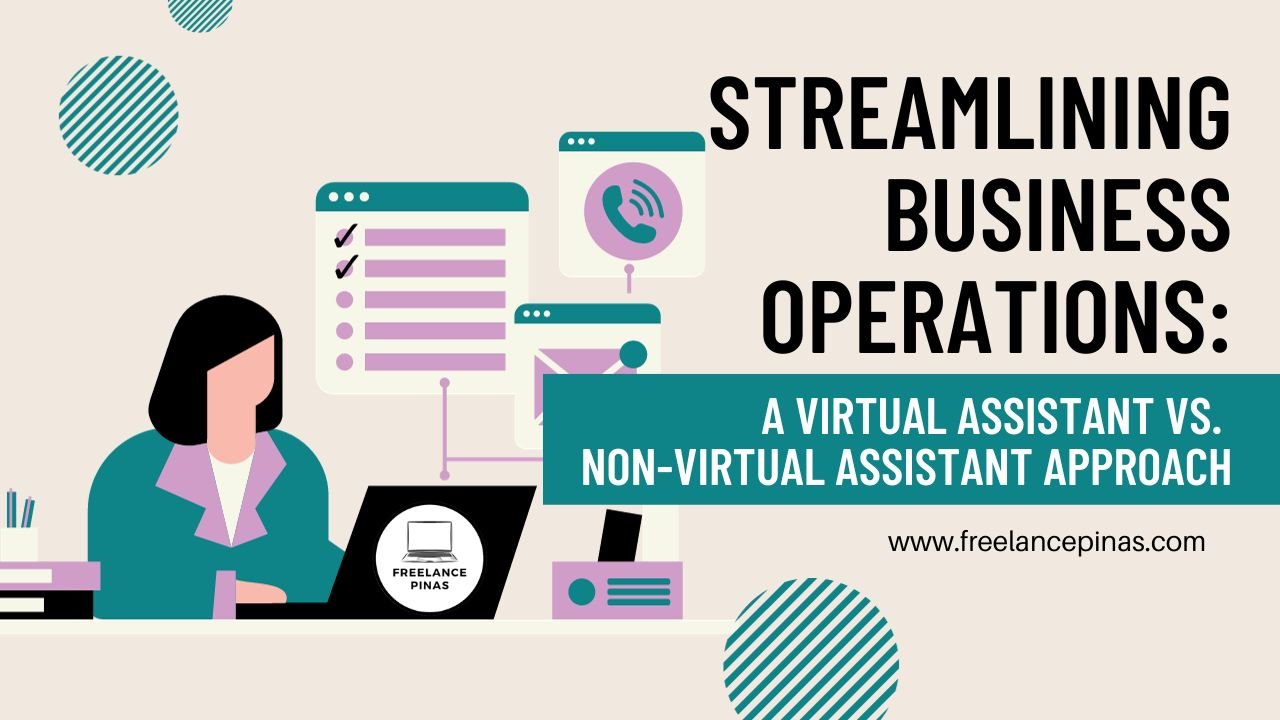In the ever-evolving landscape of business operations, the role of a virtual assistant (VA) has become increasingly pivotal. This article aims to dissect and compare the efficacy of streamlining business operations with and without the assistance of a virtual assistant.
Introduction
Running a successful business involves navigating through a myriad of tasks, from administrative duties to customer engagement. Traditionally, businesses managed these aspects without the specialized support of a virtual assistant.
The Traditional Approach
In a non-virtual assistant setting, businesses often grapple with the burden of multitasking. From managing emails to handling scheduling and data entry, the workload can quickly become overwhelming. This approach may lead to burnout, decreased productivity, and hindered business growth.
Enter the Virtual Assistant
Virtual assistants bring a new dimension to business operations. These professionals are equipped to handle diverse tasks, allowing business owners and teams to focus on core competencies. From managing emails and appointments to handling customer inquiries, VAs contribute to operational efficiency.
Comparative Analysis
- Efficiency Gains: With a virtual assistant, businesses experience streamlined workflows. Tasks are executed promptly, reducing delays and improving overall efficiency.
- Time Management: Virtual assistants excel in time management, ensuring that crucial tasks are prioritized. This contrasts with the traditional approach, where time allocation might be less strategic.
- Cost-Effectiveness: Employing a virtual assistant can be a cost-effective solution compared to hiring full-time staff. Businesses can access a range of skills without the financial commitment of a permanent employee.
- Scalability: Virtual assistants offer scalability, adapting to the evolving needs of a business. This adaptability is often lacking in a non-virtual assistant setup.
- Focus on Core Functions: With a virtual assistant handling routine tasks, businesses can redirect their focus towards core functions and strategic initiatives.
Conclusion
In conclusion, the introduction of virtual assistants has revolutionized how businesses approach daily operations. The comparison highlights the tangible benefits of incorporating virtual assistance, emphasizing efficiency, cost-effectiveness, and scalability. As businesses continue to evolve, understanding the transformative impact of virtual assistants becomes paramount for sustained success.
